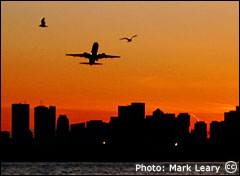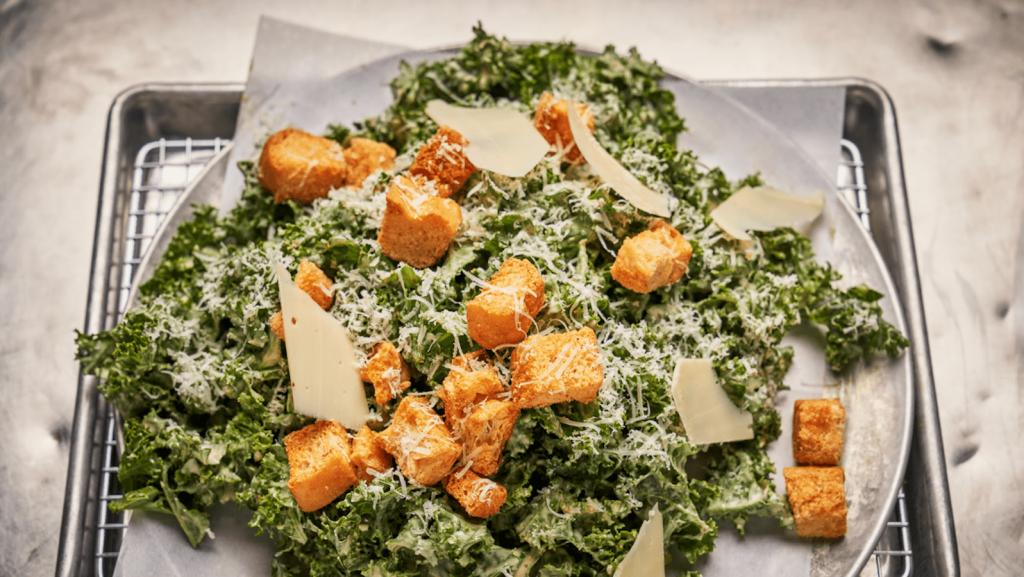A plane crashes into the Hudson River. By great good luck, all 155 people aboard survive. The cause of the accident? “A double bird strike.”
So how often do birds, going about their wild-thing business, bring down our massive metal machines? More often than you might think — and yet, way less often than you’d think, considering the fact that the sky is full of birds and planes (87,000 flights a day, says the National Air Traffic Controllers Association). According to The New York Times, 486 commercial aircraft have collided with birds since 2000, with 166 having to do emergency landings like we saw yesterday and 66 aborting takeoffs entirely.
The Times piece recounts several of the more notable bird-strike incidents, and reveals the existence of Bird Strike Committee USA, a group created in 1991 that, according to its website, counts members from the FAA, USDA, and Department of Defense.
BSC-USA tells us that 75 percent of such collisions are with waterfowl, gulls, and raptors; they also report that 90 percent of bird strikes in the U.S. are species protected under the Migratory Bird Treaty Act. According to Scientific American, the last 20 years have seen a boom in reported bird strikes from about 1,500 in 1990 to 8,000 last year, due to recovering avian populations, increasing air traffic, quieter planes, and better reporting. According to Richard Dolbeer, a wildlife biologist they spoke with, 85 percent of the time no damage occurs.
Dolbeer also said the approach to prevention is threefold: managing habitat at the airport (removing standing water, etc.); deploying teams to get the birds the hell away from the airport (with noisemakers, flares, cannons, and what have you); and killing ’em (with a permit) if need be. He also says there’s bird-detecting radar in the works.
Like backyard bears, this is certainly an example of humans creating our own mess — but since we’re in it for good, let’s hope technology can help. And let’s be glad yesterday ended as well as it did.



